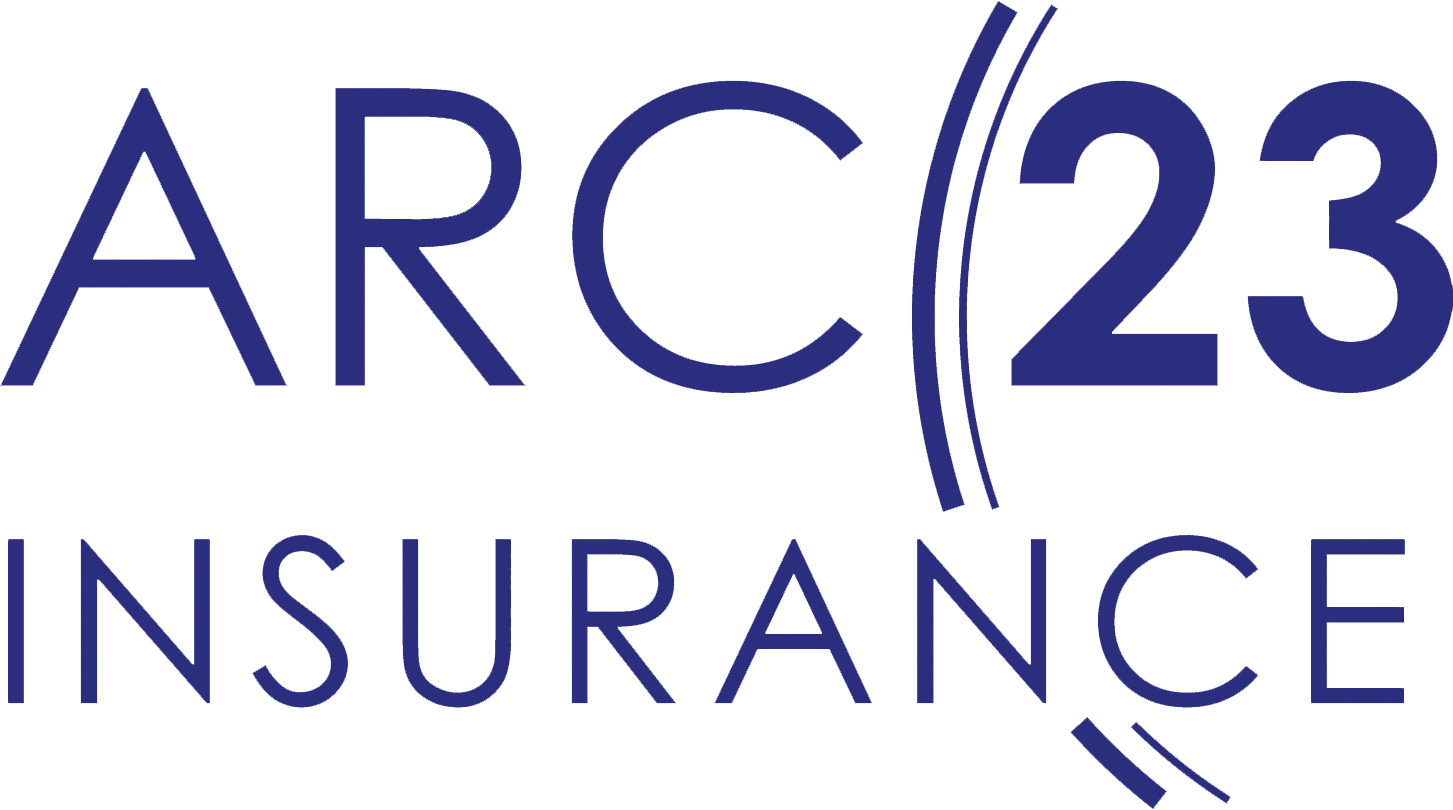Auto Insurance
Collision vs. Comprehensive Coverage
Collision coverage helps pay for damage to your vehicle if it hits another car or object, is hit by another car, or rolls over. Comprehensive coverage helps pay for damages to your vehicle that are not caused by a collision. Examples include theft, vandalism, hitting a deer or other animal, storms, and certain natural disasters. Typically, comprehensive coverage also covers glass damage.
Liability Coverage
If you cause an accident, hurt someone or damage property, this coverage may provide compensation to the harmed party or pay for your legal expenses if you are sued. This coverage is required in most states.
Rental Coverage
If you have rental coverage and your car is damaged during an accident, this coverage may pay all or a portion of the costs associated with renting alternative transportation.
Gap Coverage
Auto loan and lease protection option to close the loan/lease gap. In the event of an accident in which you've badly damaged or totaled your car, gap insurance covers the difference between what a vehicle is currently worth (which your standard insurance will pay for) and the amount you actually owe on it.
